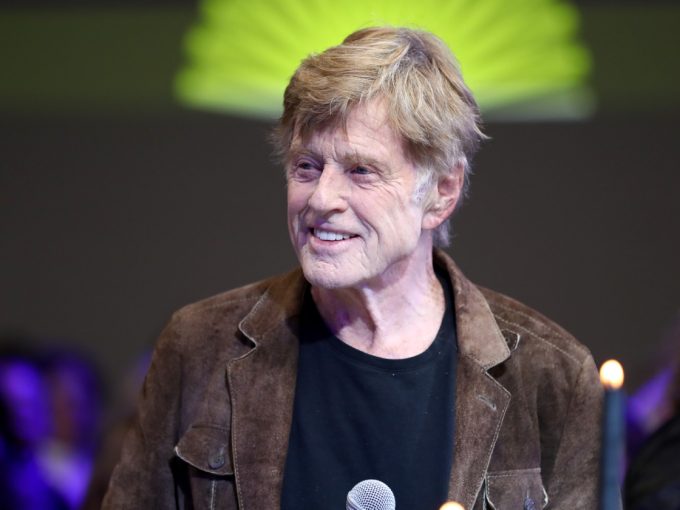The key to any great program is finding and following the subject. The trick is knowing where to look for one's prey in the great outdoors before the budget runs out. Knowing the details of a channel's strand could mean the difference between a sure-shot and a wild goose chase. With that goal in mind, RealScreen has compiled a list of natural history/wildlife strands from the major factual-television territories.

Unlock this article right now
Create an account for FREE to unlock articles and receive Realscreen Daily.























